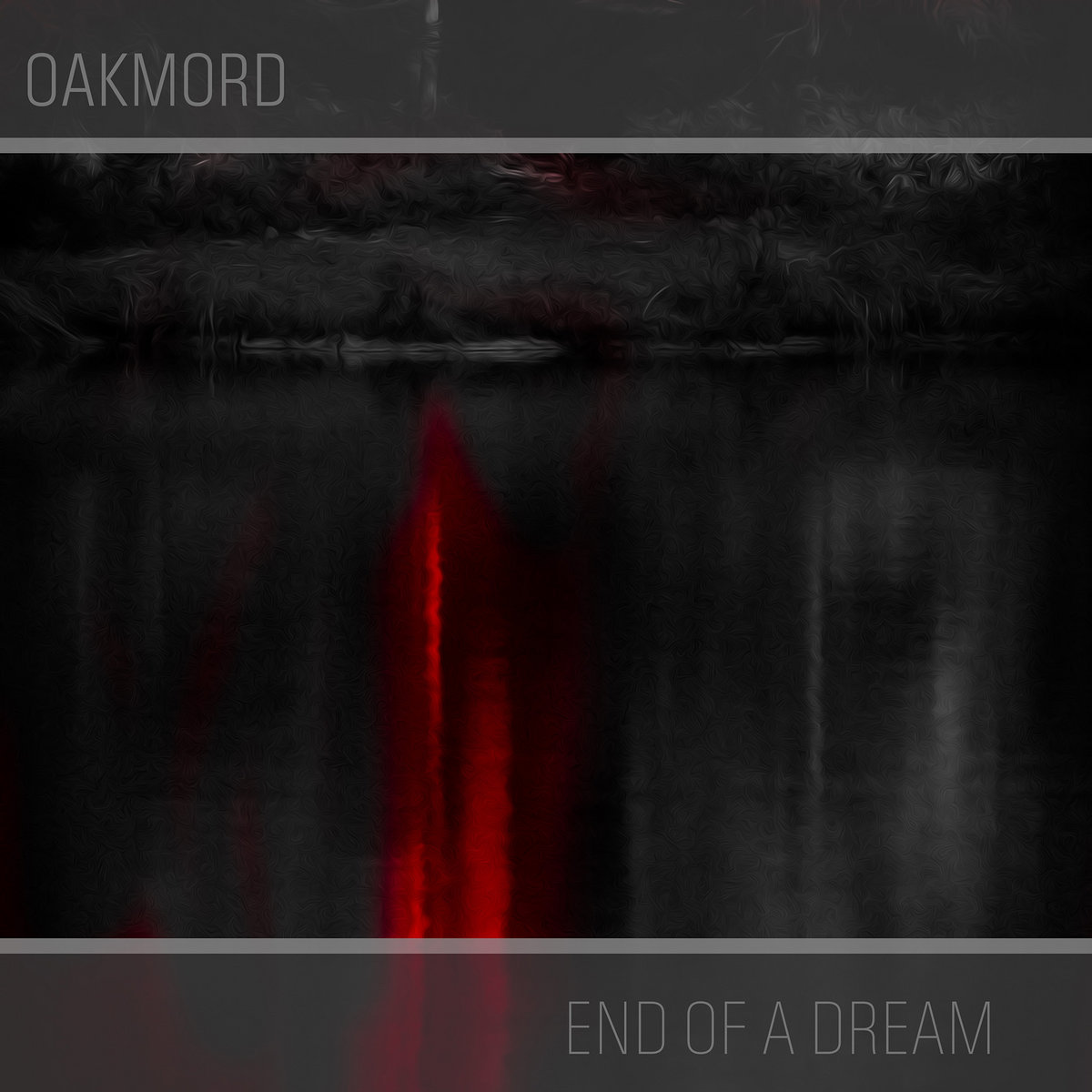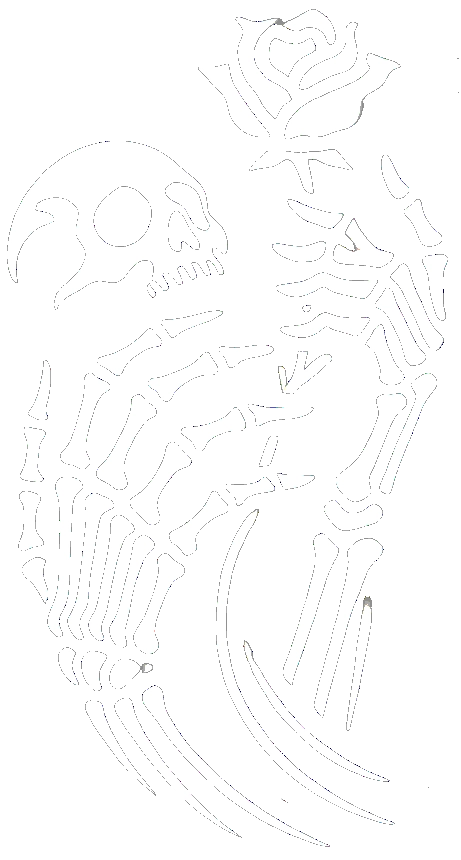Looking back at 2024, it is surprising that Oakmord’s second album End of a Dream received so little attention within the international funeral doom community. This is a remarkable album, musically representing a clear attempt to distill a dark core of antinatalist self-revelation from Shape of Despair’s Angels of Distress and My Dying Bride’s The Angel and the Dark River. Oakmord carve a path through the obvious reference points of their latest work. The former My Shameful duo enriches the cold, detached style reminiscent of Angels of Distress with sluggish, abrasive growls and shouts, suffocating riffing, and elegiac synth passages. Additionally, tragic elements such as a standalone piano, moments of lightly distorted guitar strokes conveying a sense of blues, and an acoustic guitar evoking a bit of Spanish tragedy – all wrapped in a subtle dynamic. The fundamental melancholy of Angels of Distress – which I can hardly shake off due to the growling, riffing, and synths – is grimly devoured by a mood pushing into depths of depression and physical and psychological decay. This abyss forms the lyrical and musical center of the album.
„yet end draws near
and the last day comes
my dream is over now
let this nightmare pass
lift the weight of life
away from me“
(My Dream is Over)
The Sound of Decay
With this work, Oakmord explores the themes of the soul’s, mind’s, and body’s decay under the expression of the trouble with being born (Emil Cioran: De l’inconvénient d’être né, 1979). They respond with a skillful dynamic of anger and sorrow to the formation of the self, which here appears as the disintegration of pure identity. Life as continuous decay reminds of Foucault’s concept of the utopian body (Le Corps utopique, 1974), where the body is not merely a biological subject, but a product of social and historical discourses, shaped and disciplined. With all the scars, grooves, and wrinkles that spread both internally and externally as a form of ongoing death, decay manifests in self-reflection in the mirror, as well as in the introspective self-exploration of life.
Well, “fun with flags” is hardly expected in funeral doom. But End of a Dream is a tonal requiem of nihilistic proportions, something perhaps only Nortt could match. It must be noted that this album goes beyond the tragedy of My Dying Bride – including Aaron Stainthorpe’s signature mourning, spoken-word vocal style, and turn loose-leads. Musically, End of a Dream aligns with the idea that My Dying Bride and Shape of Despair meet in their most iconic moments to create an album that feels like a tonal counterpart to David Benatar’s Better Not to Have Been (2006). “As we have seen, nobody is lucky enough not to be born, everybody is unlucky enough to have been born – and particularly bad luck it is.”(Benatar) And so the album ends with some piano notes and a final rejection of the lies of life.
„i never asked to be brought here
yet here i am
and that is my tragedy
like a prisoner tortured
never to heal, from life
but I will have my vengeance
for every betrayal“
(of every betrayal)
For a good half-hour, the weight of existence is crushed by dynamic play, with a lead guitar that is at times clashing, at times swirling and repetitively transforming all the misery of being into sound, a drumming that, especially in the brief, calm, and slightly jazzy moments, convinces with its inherent sorrow, and riffing that joins in with deafening distortion.

